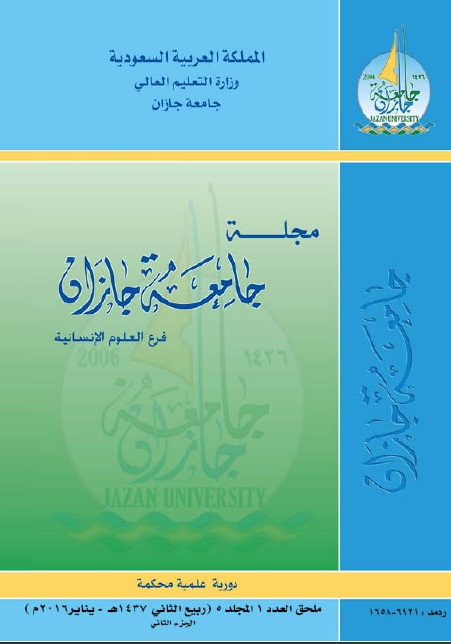"Does apostasy nullify your deeds if it occurs in abstractness or when it is followed by death
Abstract
This research which is titled: "Does apostasy nullify your deeds if it occurs in abstractness or when it is followed by death?"is a comparative study in the effect of this difference on the fiqh of worship. It aims at inferring a jurisprudential rule which regulates the relationship between the original question and other diverging sub- questions, through pointing out the context of apostasy, how it may occur and the way to seek repentance?, and clarify the difference relating to the original questions "Does apostasy nullify the deeds if it occurs in abstractness or when it is followed by death?". Thereafter, it seeks to shed light on the outcome of difference in this regard and the implications over a set of worships along with citing some disagreements. The researcher concluded that apostasy does not nullify the deeds if it occurs in its abstractness, but rather so when it is followed by death. Therefore, if the apostate performs all the worships such as prayers, fasting, zakat, pilgrimage (Haj) and other worships and then reneged before reconverting to Islam, the apostate shall not be obliged to perform these worships again as he/she had already performed them in the past, and if the apostate abstained from performing the worships at the time of and after apostasy, he/she shall be obliged to make up for the missed worships to be on equal footing with all Muslims
Downloads
Downloads
-
PDF (Arabic)
8
1
Published
Issue
Section
License
Copyright (c) 2024 CC Attribution 4.0

This work is licensed under a Creative Commons Attribution 4.0 International License.





